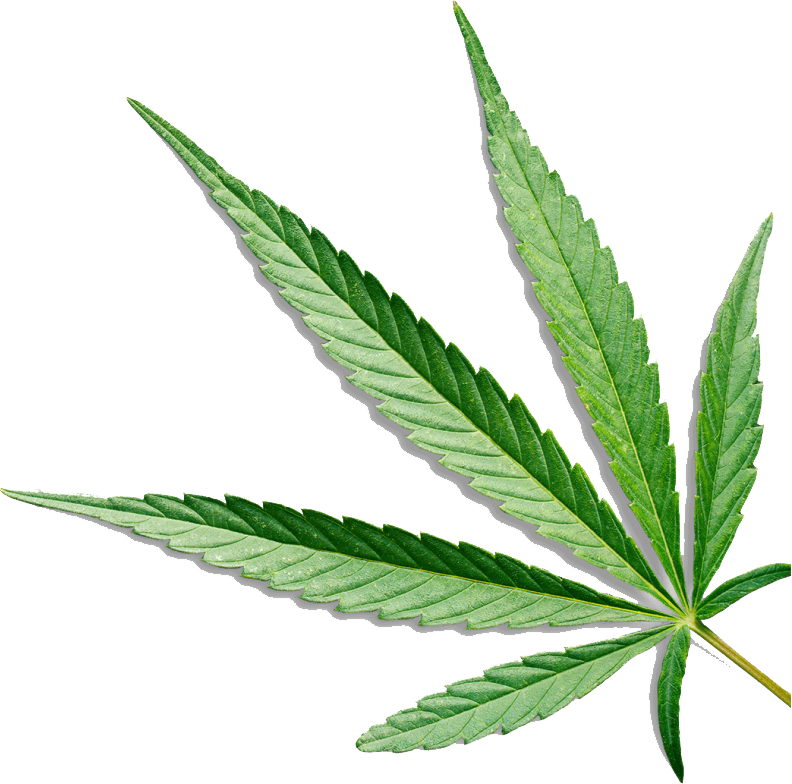CBD is Known For:


-
Non-Addictive
No risk of dependence or abuse -
Non-Psychoactive
The hemp plant does not contain THC, the psychoactive ingredient in marijuana. Since CBD comes from hemp plants, it won’t get you "high" -
Non-Toxic
Don’t worry, CBD won’t harm you or your pets

Understanding the Greatness of CBD
Cannabidiol (also known as CBD) is a non-psychoactive phytocannabinoid extracted from the cannabis plant. Cannabidiol, with clinical evidence to support the usage of CBD, is known to promote overall health and wellness without the possible adverse side effects developed from pharmaceuticals.
As the active ingredient in CBD products, cannabidiol has a range of positive outcomes potentially helpful for mental health and therapeutic benefits. Phytocannabinoids help regulate the physiological systems and interact with natural molecules produced within your body known as endocannabinoids. While THC is known to mimic the body’s form of cannabinoid, CBD is known to assist the Endocannabinoid System (ECS) work more effectively.

The Endocannabinoid System is a biological system that plays an essential role in maintaining balance and exists within mammals (Yes, including your pet!). ECS consists of endocannabinoids, enzymes, and receptors that work together to support and play a role in regulating different functions in the brain and body, including:
- Appetite
- Inflammation
- Immune Response
- Mood
- Memory
- Metabolism
- Motor Control
- Pain
- Stress
- Sleep
The endocannabinoids (endogenous cannabinoids) are lipid-based neurotransmitters that interact and bind with the cannabinoid receptors (CB1 and CB2 receptors) to send signals to the ECS when the body’s homeostasis is imbalanced. The endocannabinoids and cannabinoid receptors work together to deliver messages throughout the whole body. Two key endocannabinoids are Anandamide (AEA) and 2-Arachidonoylglycerol (2-AG), both produced by the body when needed to help the internal functions run smoothly. The cannabinoid receptors are located within the central and peripheral nervous system to help regulate how the cells communicate with other cells. When the endocannabinoids are no longer needed, the enzymes (fatty acid amide hydrolase and monoacylglycerol lipase) will break them down.
In short, understanding the functionalities of the Endocannabinoid System is crucial because it plays a significant role in maintaining homeostasis and how CBD modulates the ECS. Since the body produces endocannabinoids when needed, determining the health levels can be difficult. CBD can potentially play a supportive role for the ECS by assisting the endocannabinoids and maintaining balance throughout the body.

If you're interested in learning more about CBD and need a place to start, we suggest visiting Project CBD. We highly recommend taking the time to research and understand how beneficial CBD can be for the endocannabinoid system.
Learn More at Project CBDQuestions or Feedback?
Don't be shy, please send us a message using our Contact Us page! We'll get back to you as soon as we can.
Contact Us